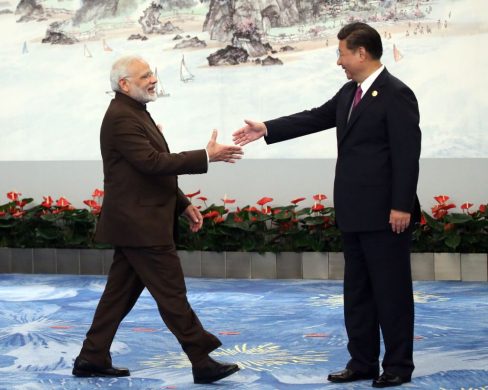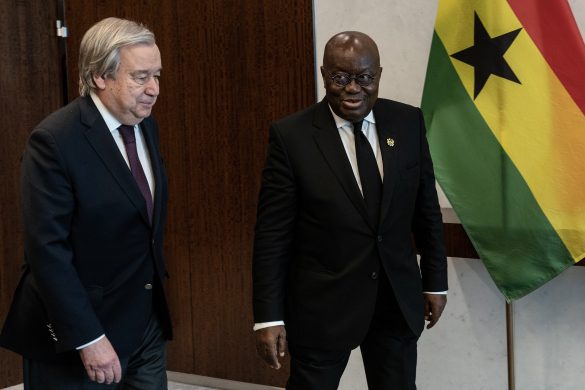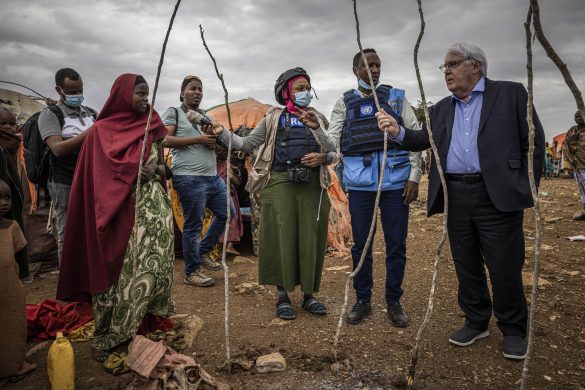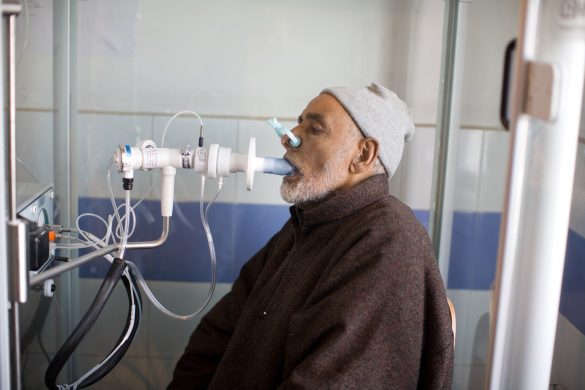Skeletterne fra 50 års hårdt militærstyre vælter ud af skabet i en farlig cocktail, hvor retten til frit at ytre sig, “jordtyveri”, højtstående militærfolks økonomiske interesser og begyndende krav om miljøbeskyttelse indgår som ingredienser.
Eight people have appeared in courts in the Burmese city of Rangoon in connection with recent protests against a giant Chinese-backed copper mine in the north-western part of the country, BBC online reports Monday.
Moe Thwe, a protest leader, and seven others were charged with incitement against the state and demonstrating illegally. They deny the charges.
The case is seen as a test of how the new government handles growing protests over projects begun under the military.
Farmers around the country say they have been evicted in land grabs to make way for industry. The authorities deny the allegations.
The farmers started their protest in June, saying they had been forced to accept a deal two years ago under which they gave up their land in return for new housing and financial compensation.
The mine’s billion-dollar expansion project covers several thousand hectares of land in Burma’s Sagaing region. It is owned by the military and Chinese arms manufacturer Norinco.
The company has said that the deal was voluntary, and that only a small minority of farmers rejected it. The government says it is still committed to a full inquiry into the farmers’ complaint.
The Monywa mine-case encompassed issues that will be central to Burma’s post-military development – land rights, environmental protection, freedom to protest, and balancing the interests of big investors with those of ordinary Burmese citizens.
Of these, land may turn out to be the most explosive issue, and the hardest for the new government to solve.














